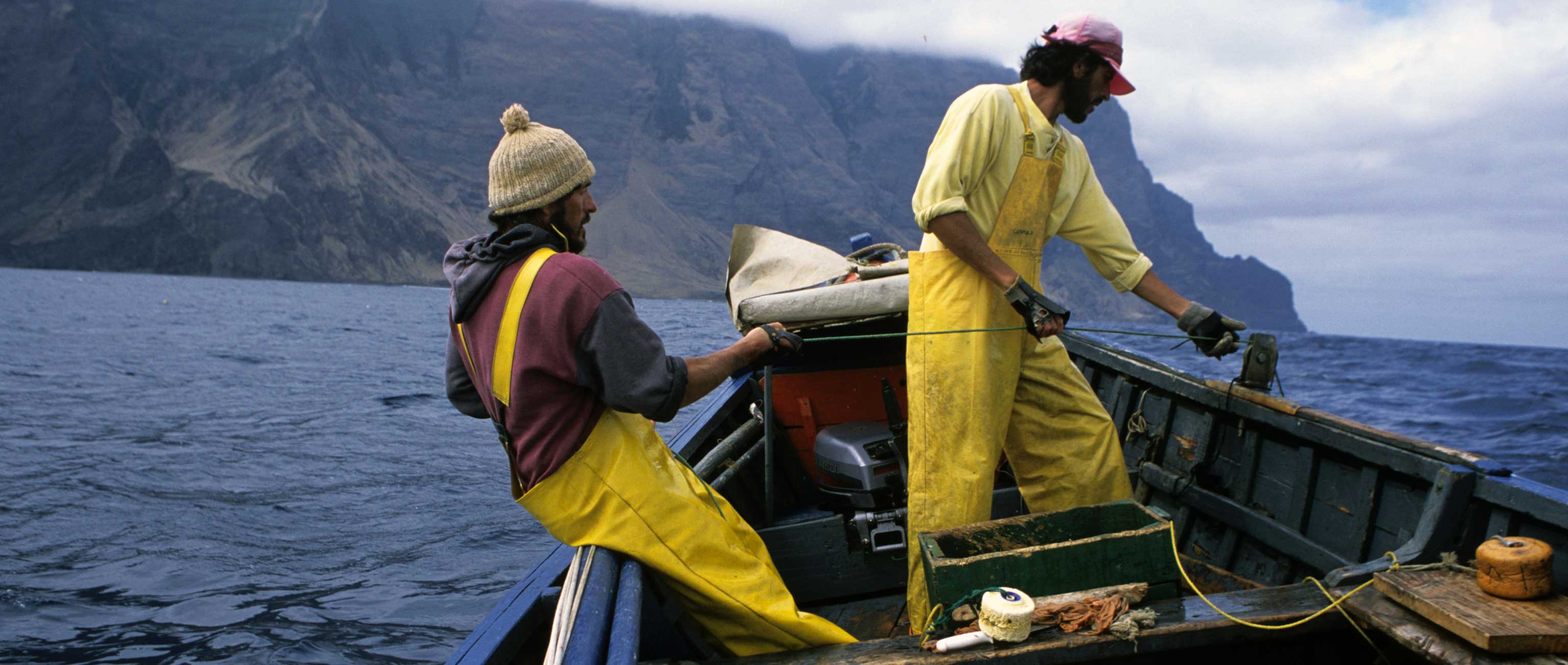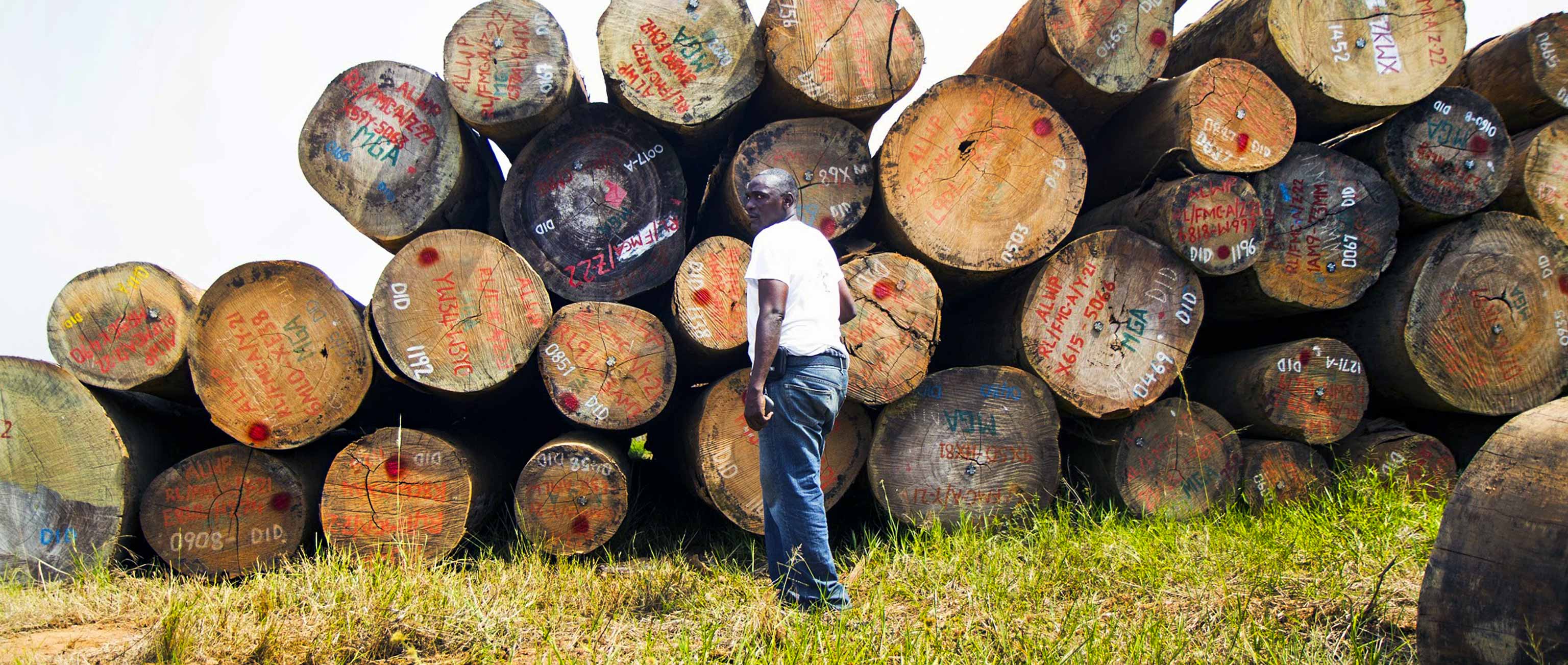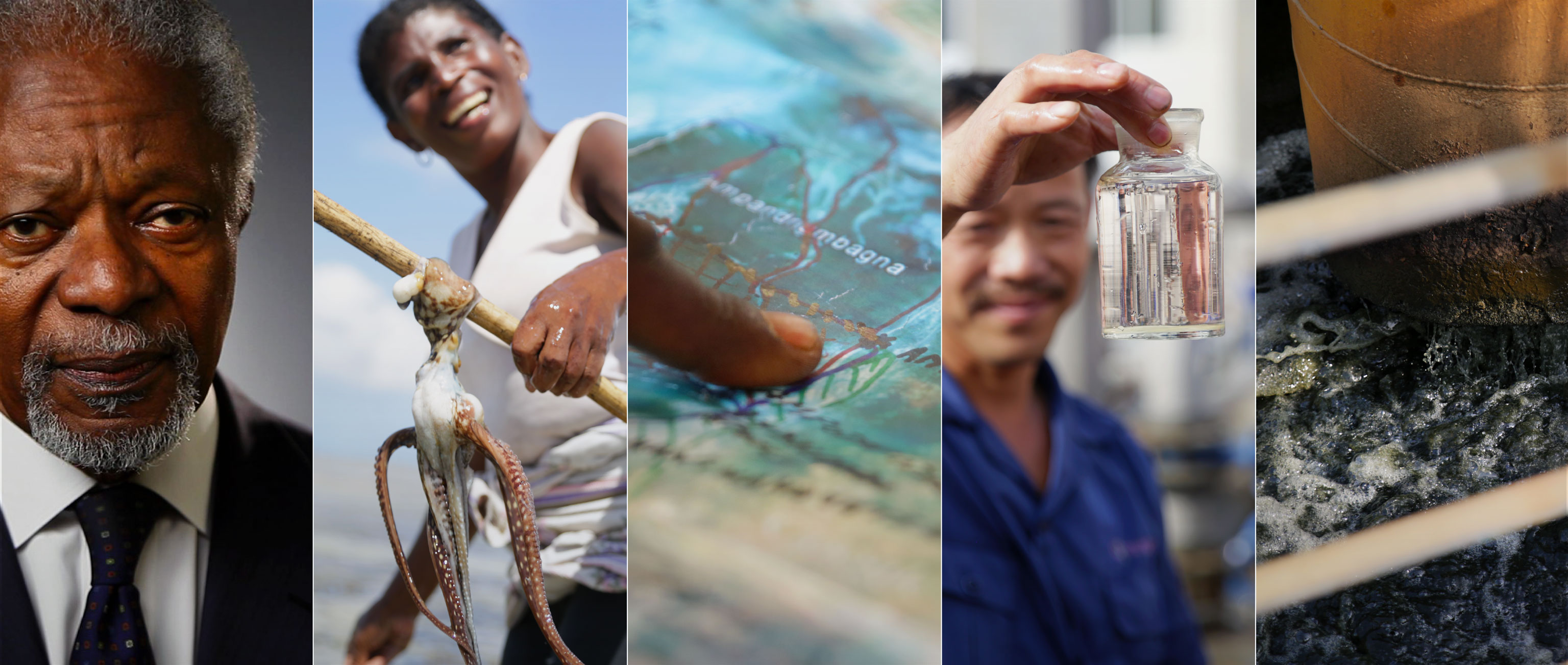Embedding externalities (e.g. laborer rights, legal accountability, and environmental stewardship) into supply chains is critical to sustainably managing our planet’s resources. Companies need to manage its business risks more effectively, regardless of the personal viewpoints of their CEOs or staff.
Global supply chains are managed to create long-term value for all stakeholders, effectively managing finite resources, minimizing waste, and providing safe, dignified working opportunities. Complex supply networks are held accountable for environment and labor standards through consumer- and policy-driven systems of transparency.









